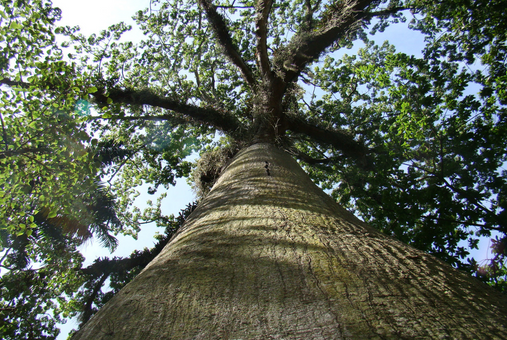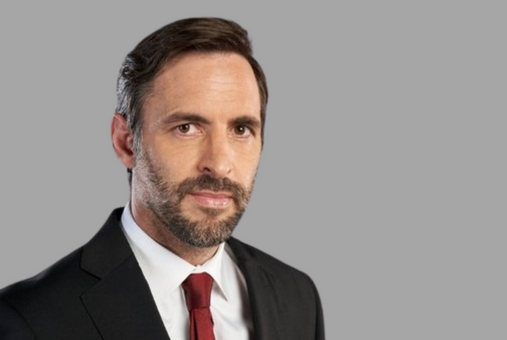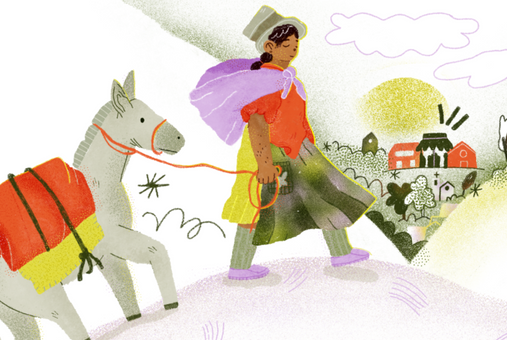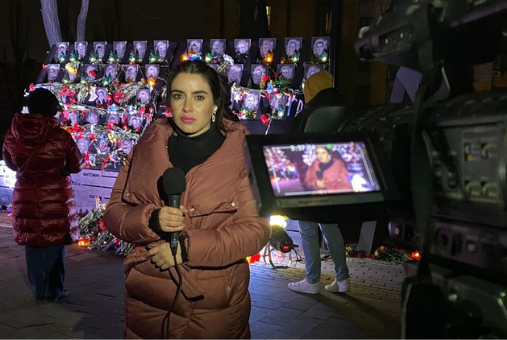
In the fourth edition of our glossary of journalistic expressions in Latin America, learn about the meaning of Coleguinha, Encochinado, Pescoção, Lobster shift, evergreen story, and caliche, among other jargon used by journalists in Portuguese, English and Spanish.

In 2022, LatAm Journalism Review (LJR) published more than 250 feature stories, articles and interviews on press freedom and innovation in journalism in Latin America and the Caribbean. For our traditional round-up, which highlights the most important stories from the past 12 months, we decided to ask the LJR team. Our reporters selected one story of their own and one produced by a colleague in 2022, and we also highlighted our most-read stories on the site.

A tree thought of as the "queen of the Amazon," the “sumaúma” or kapok tree is one of the symbols of this tropical forest that covers a large part of South America. This icon of Amazonian magnificence gives its name to a journalistic project that publishes feature stories and articles in Portuguese, Spanish, and English. Its goal is to amplify the voices of the forest and "to refocus the world," as Eliane Brum, one of the founders of Sumaúma, said in an interview with LatAm Journalism Review (LJR).

On October 11, Mexican journalist Javier Garza Ramos received a Special Mention in the Maria Moors Cabot Award 2022. In this interview, he talks about his relationship with journalism, what it means to work in a country like Mexico and how ego can become a double-edged sword.

Since its inception, the Brazilian Association of Investigative Journalism (Abraji) has remained faithful to its founding principles: professional training, defense of freedom of expression, and the right to access public information. Abraji has not only become an organization of professional journalists with an important voice in the Brazilian media scene, but also a standard for associations in other countries.

Winner of the Gold Medal of the Maria Moors Cabot Awards 2022, Ioan Grillo talks about how through journalism he has been able to show the world what lies behind the violence caused by drug trafficking in Mexico. He has written three books and has had hundreds of feature stories published in international news outlets.

Chilean journalist Daniel Matamala was one of the recipients of the 2022 Maria Moors Cabot Awards, granted by the Columbia University School of Journalism in New York. This profile takes a look at his journalistic trajectory, the changes in recent years in the Chilean context and the significance of this recognition.

On August 9th, Cultivate, Distribute and Eat: The Road to Food Sovereignty, an investigation by the Latam Coalition supported by the Women's Media Foundation, was published. The stories are told from the experiences of women and LGBTQ+ people and the creative team followed a gender perspective.

Having newsrooms with more leadership spaces for women, trans people and non-binary individuals will result in journalism that contributes more to building more inclusive societies, said the founder and executive director of the organization Chicas Poderosas.

An Argentine, a Chilean and a Brazilian share the challenges they have faced while covering the conflict from the front lines of this Eastern European country. A dangerous environment is not the only obstacle and challenge for journalists in Ukraine. The logistics of coverage have also been complex.